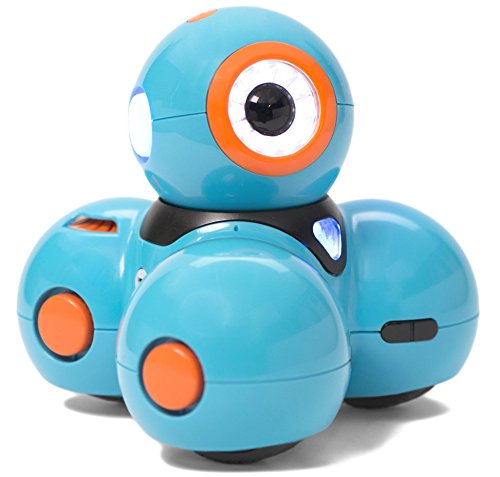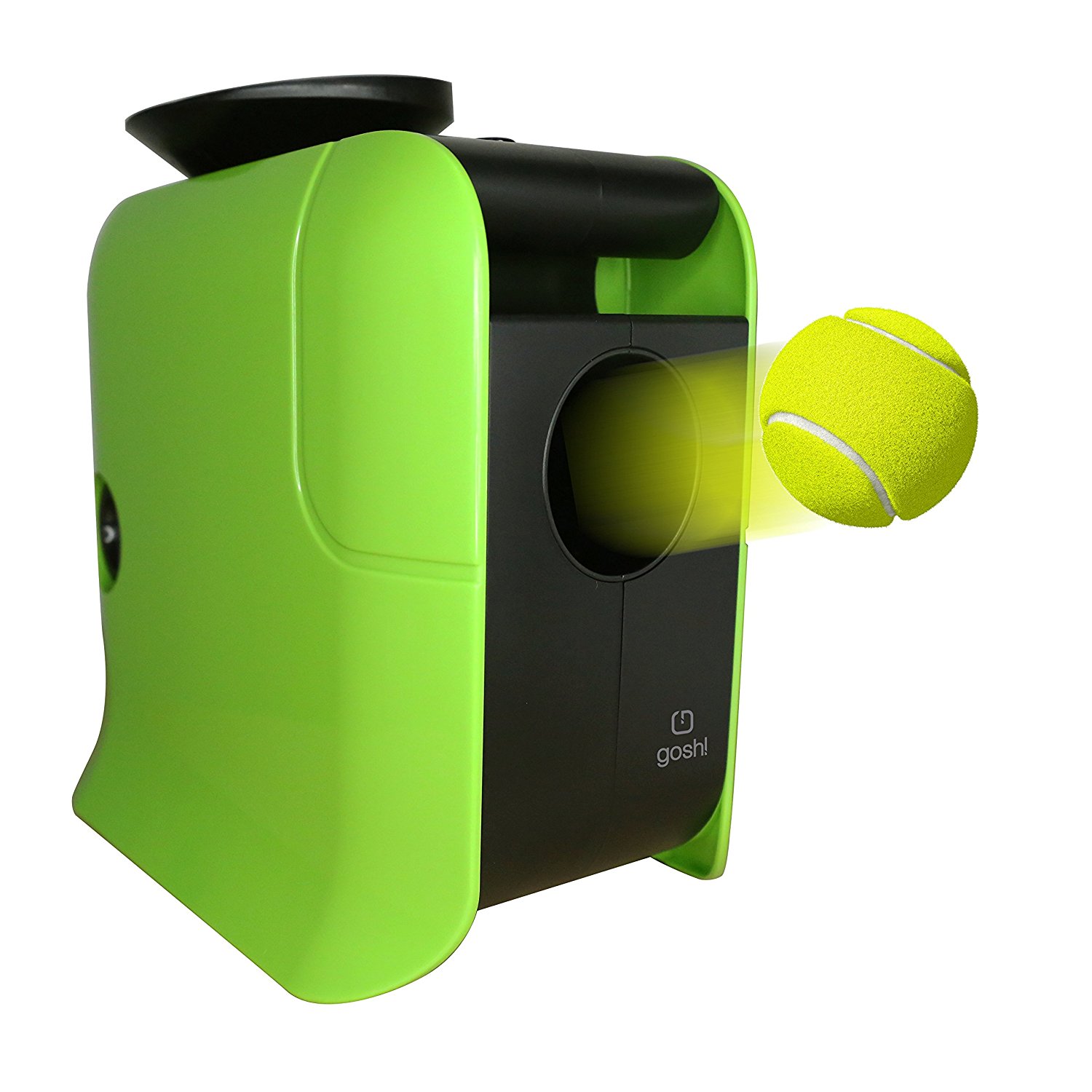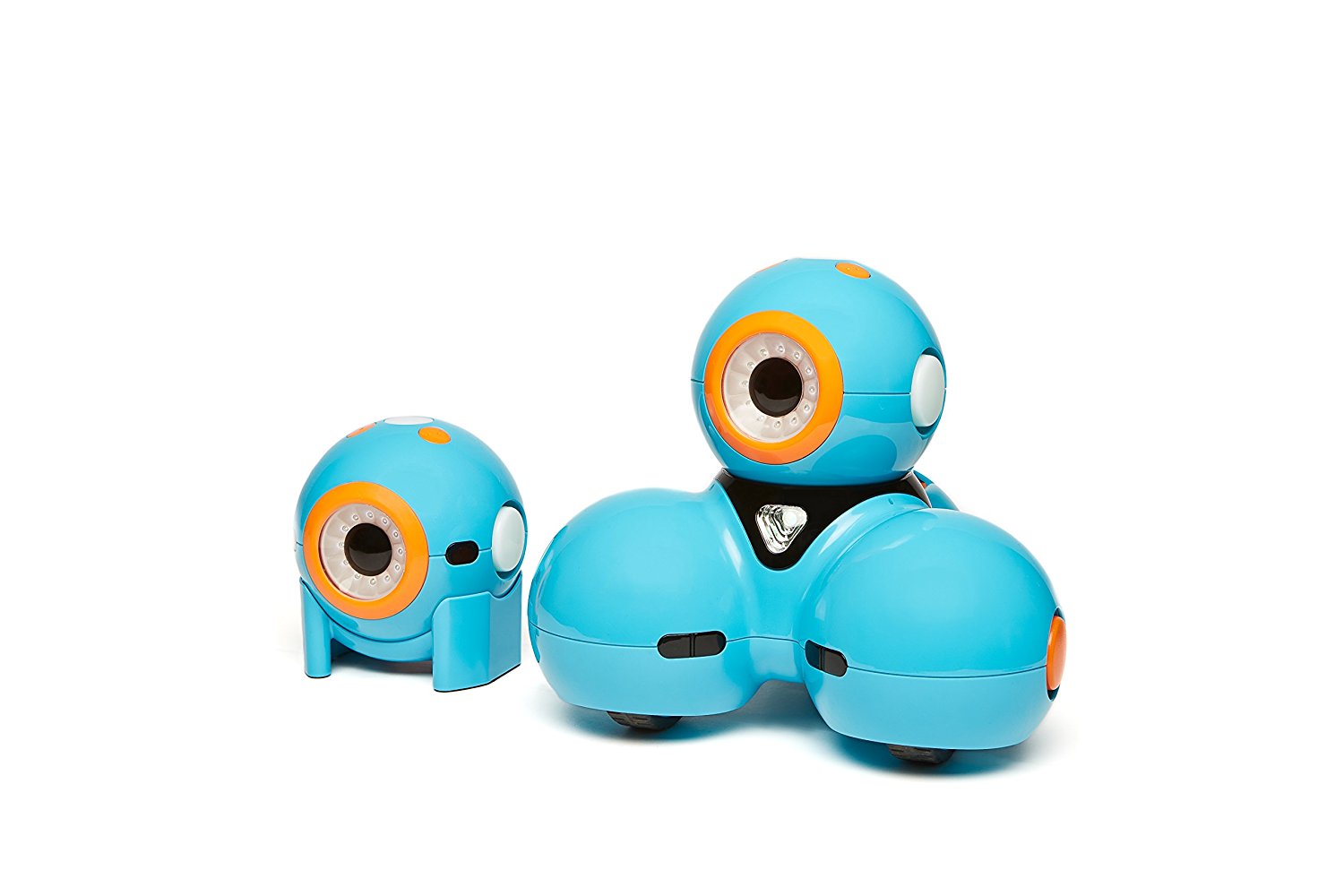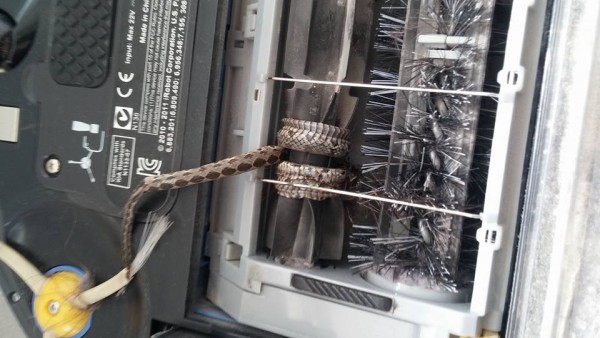Scientists from the Massachusetts Institute of Technology demonstrated how exposing specially designed, 3D printed self-folding components to uniform heat, in a process quite similar to baking, results in working robot parts.
The key to this innovation is represented by new algorithms and electronic components that makes possible the self-assembly of 3D printed robots. While the Terminator won’t be coming anytime soon off a baking sheet while wearing a “He is Risen” apron, this is an important step in the evolution of robotics.
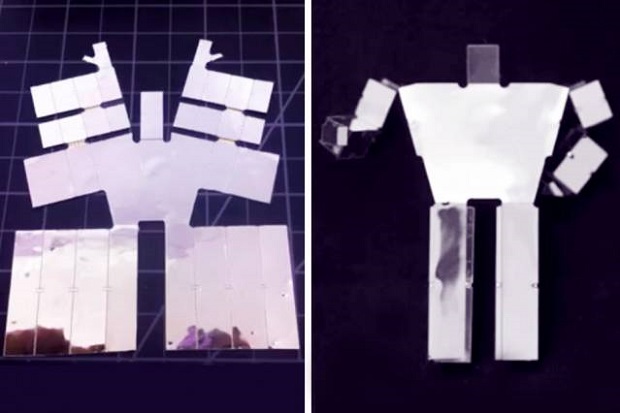
Daniela Rus, professor of Electrical Engineering and Computer Science at MIT, pointed out that “We have this big dream of the hardware compiler, where you can specify, ‘I want a robot that will play with my cat,’ or ‘I want a robot that will clean the floor,’ and from this high-level specification, you actually generate a working device.”
The two papers that Rus wrote along with several other MIT researchers detail how self-folding plastics can be used for creating a computer-generated 3D shape, and how the electronic components have to be laid out so that the robot is functional after being exposed to uniform heat.
Everything needs to be calculated very accurately, and any mistake in the folding angles might result in the bakable robot not being functional.
Rus and her co-workers will unveil this innovative take on building robots at the IEEE International Conference on Robotics and Automation that will take place next week. As mentioned before, the type of robots that can be created using this method are not overly complex, but the current results are based on previous research conducted by Rus and other MIT scientists. There is no doubt that the current research will represent the basis for future developments and so on.
The following video exemplifies how some of the components used for making bakable robots work:
Personally, I don’t know which fact is more exciting: that we’ll have bakable robots in the not so distant future, or that Rus, a Romanian-born roboticist made it big by becoming Director of the Computer Science and Artificial Intelligence Laboratory (CSAIL), Co-Director of the CSAIL Center for Robotics, and Director of the CSAIL Distributed Robotics Lab at MIT.
All in all, it’s great to see origami-resembling robots that come together in a way that was possible only in animation movies until now.
Be social! Follow Walyou on Facebook and Twitter, and read more related stories about the OutRunner RC running robot and the latest version of Honda’s ASIMO robot.


